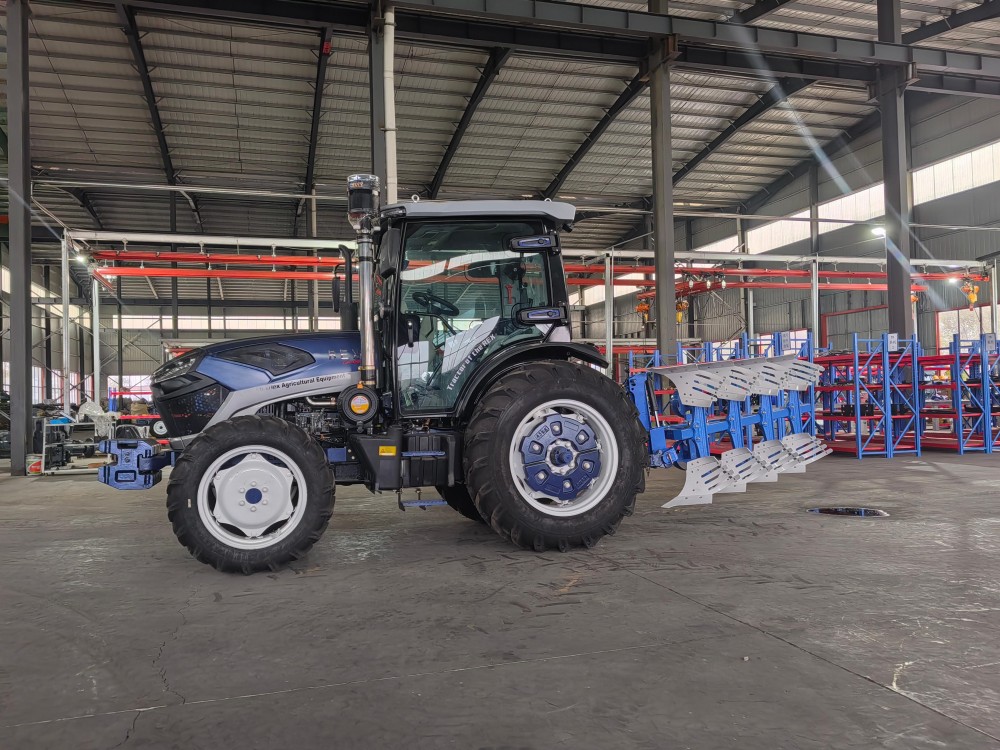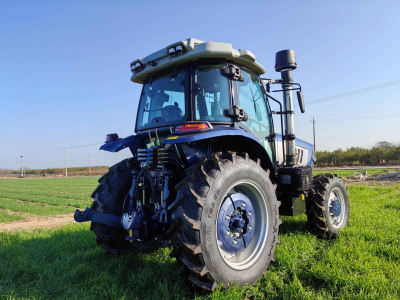Reduce the effect of stopping the use of synthetic fertilizers and completely replacing them with biological fertilizers
Fifty producers in Central Queensland, Australia, visited the Marshall family's Nandowrie farm in Springsure to see its transition to certified organic beef production and learn the secret to effectively "growing twice as much land without purchasing an extra hectare". Healthy soil responds to biological fertilizers in the same way that human gut biota responds to better food. A 1% increase in soil organic matter provides 144,000 liters of moisture per hectare, and when water and nutrition are optimized, plants will be more resilient and disease resistant.
Field day organized by certified agency Australian Organics Ltd. and the University of Queensland entitled "Proactive Problem Solving"
Soil Constraints: Using Different Crops to Cover Your Bottom Line," shared findings from the federal government's project on
dry soils, which brought together 20 farmers to try to correct soil limitations, increase yields and improve resistance to
drought.
Five years ago, fifth-generation farmer Matthew Marshall and his father Stephen decided to “stop” using
synthetic fertilizers, completely replace them with biological fertilizers and naturally return nutrients to the land, preserving
yields and productivity of crops, these proactive approaches will improve their overall sustainability.
The Marshalls operated the Anges x Limuzan breeding farm, which grew organic land crops as well as alfalfa and forage crops.
They have received full American Online (AOL) organic certification and now produce their own organic fertilizers and use crop rotation
covered crops for cattle production under an Organic Certified Environmental Feeding program that
includes silage feed to prevent drought.
Switching to biological fertilizers, Marshalls built its own warehouse to store 50,000 liters of homemade products using 50 - 150
liters per hectare.
“The benefit of biofertilizers lies in the diversity of plants and microorganisms that we see on earth, and we see the benefits that bring
cover crops back into the ground every year or at least every three years,” says Matthew Marshall.
“ We choose organic food because we see that the consumer-driven market trend is to eat cleaner, know where
food sourced, and increase the efficiency of our farms tenfold with zero pests and improved nutrition.”
Cover crops consist of legumes, cereals, rue and broadleaf plants; Each of them plays its role, strengthening the soil structure and ability
absorb water.
Victorian lecture guest Grant Sims (owner/director of Down Under Covers and former Coles Farmer of the Year) told listeners that healthy soil reacts
to biofertilizers in the same way that the human intestinal biota responds to better food.
By stopping cultivation, encouraging fungal levels and root diversity, and cultivating a protective layer for the soil, farmers can
measure your land in three dimensions by length, width and depth.
Mr. Sims says: “If the root depth can be increased from 30cm to 60cm or even by one meter, the volume of soil treated can be effectively
doubled."
CircleAG speaker Kym Kruse told the audience that more organic matter allows for greater water permeability in wet areas.
periods and greater water retention capacity during dry periods.
According to him, a 1% increase in soil organic matter provides 144,000 liters of moisture per hectare, and when water and nutrition are optimized, plants
will be more elastic and disease resistant.
Mr Cruz described microbial diversity as the cornerstone of soil health and said biofertilizers could quickly reap the benefits
balanced nutrition, imitating what happens in the soil.
American Online CEO Jackie Bryan paid tribute to the Marshall family for their commitment to improving soil health and resilience.
drought using innovative organic technologies.
Ms Bryan said: "We are pleased to see active participation from producers in Central Queensland who are interested in finding organic alternatives
synthetic fertilizers to increase water holding capacity and optimize weed control without the use of herbicides.”
" By sharing their knowledge, the Marshall family and guest speakers are helping farmers more naturally return nutrients to their
land while maintaining yields and productivity, and these proactive approaches will improve their overall sustainability.”
Author: Li Shichao
Source: Agricultural Machinery News Network






